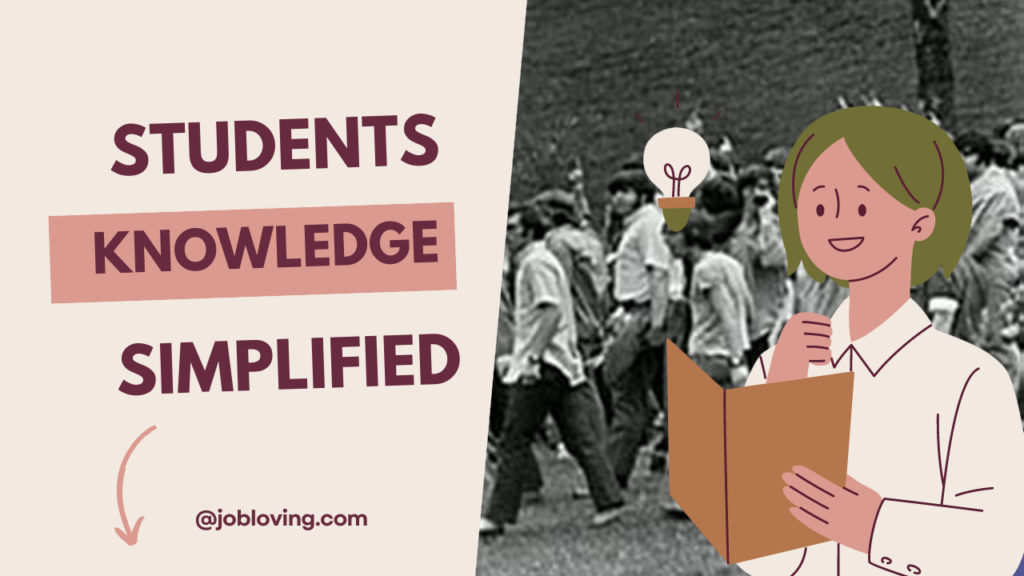On May 4, 1970, Kent State University became the epicenter of a tragic and pivotal moment in American history, sparking outrage and igniting a firestorm of debate around the Vietnam War. Students protested against President Nixon’s decision to invade Cambodia, believing it marked a profound escalation of U.S. military involvement in Southeast Asia. Just a year prior, there had been glimmers of hope as many Americans thought the war might be winding down, making the sudden swing to military action in Cambodia all the more jarring.
As tensions flared on campus, the protests were part of a much broader wave of dissent, with over 4 million college students participating in anti-war demonstrations across the nation. This incredible mobilization underscored a critical generational divide, where younger Americans increasingly opposed what they viewed as unjust military actions, while many older Americans, still supportive of the war effort, watched in discomfort.
The Kent State protests brought the anti-war sentiment to a head when, tragically, National Guardsmen were called to disperse the growing crowd. In a moment that would forever alter the narrative of student activism and protest in America, the Guardsmen fired into the group, killing four students and injuring nine others. This shocking event transformed Kent State into a symbol of the anti-war movement, forever branded by the phrase “Four Dead in Ohio,” which resonated as a rallying cry for activists and a stark reminder of the cost of dissent.
Following the incident, media coverage fueled national outrage and sparked protests on over 400 college campuses, illustrating the deep-seated discontent with government actions and the Vietnam War overall. The public’s perception shifted dramatically as many began to view the government’s military intervention and its response to civilian protests with increasing skepticism. The Kent State shootings prompted discussions about free speech, student rights, and the role of law enforcement on college campuses, leading many universities to reassess their policies regarding protests and campus safety.
Additionally, the Kent State protests played a crucial role in galvanizing future generations of activists. Students across the country felt inspired to take a stand on issues of social justice, war, and civil rights. The incident underscored just how powerful youth activism could be in shaping political discourse and challenging authority. Over the years, the annual memorials held at Kent State have continued to honor the memories of the victims, emphasizing the importance of peaceful protest and the ongoing struggle for justice.
As we reflect on this tragic chapter in American history, it serves as a poignant reminder of the potential consequences of political polarization and civil unrest. The Kent State protests remain deeply significant, reminding us of the critical need for open dialogue and the enduring power of collective action. In today’s climate, where divisions still run deep, the essence of May 4 remains a clarion call—a testament to the courage of those who dare to stand up for their beliefs.
What role did the Kent State protests play in shaping public opinion about the Vietnam War?
The Kent State protests significantly shifted public opinion against the Vietnam War, particularly following the tragic shooting of four students. The incident galvanized outrage and led to increased anti-war demonstrations across the nation, highlighting the severe consequences of civil unrest and the government’s response to dissent.
How did the events at Kent State influence future student activism and political engagement?
The Kent State protests inspired future generations to engage in political and social issues, emphasizing the importance of youth activism. The aftermath of the protests led to increased scrutiny of government actions and military engagement, encouraging young Americans to become more politically active, as evidenced by a notable rise in voter registration post-1970.
In what ways did the media coverage of the Kent State incident impact societal views on protests and free speech?
Media coverage of the Kent State shootings profoundly shaped public perception of the Vietnam War and protests. It highlighted the generational divide over the war’s legitimacy and sparked outrage, leading to a broader cultural shift regarding authority, civil rights, and the limits of government intervention on campuses.
What lasting changes occurred in university policies and student rights as a result of the Kent State protests?
The Kent State incident prompted universities to reevaluate their policies regarding protests and campus security measures. It catalyzed discussions about free speech and civil rights, leading to legislative changes aimed at protecting students’ rights and safety on campuses, as well as a reconsideration of relationships between universities and law enforcement.

